
photo by MorBCN
by Ashley Stokes
Unthank Books have just launched Unthology 5, the first of our short fiction series to be published twice yearly and in a smaller, pocket-sized format. This time last year, when I met with my co-editor Robin Jones in Cambridge to assess the submissions for Unthology 4, we realised that we had received so many high-quality stories that we could produce two volumes, rather than be uber-hardnosed and reject stories that had impressed us, or burden the selection process for Unthology 5 with a backlog. We’d had over two hundred submissions to fill possibly fifteen berths for Unthology 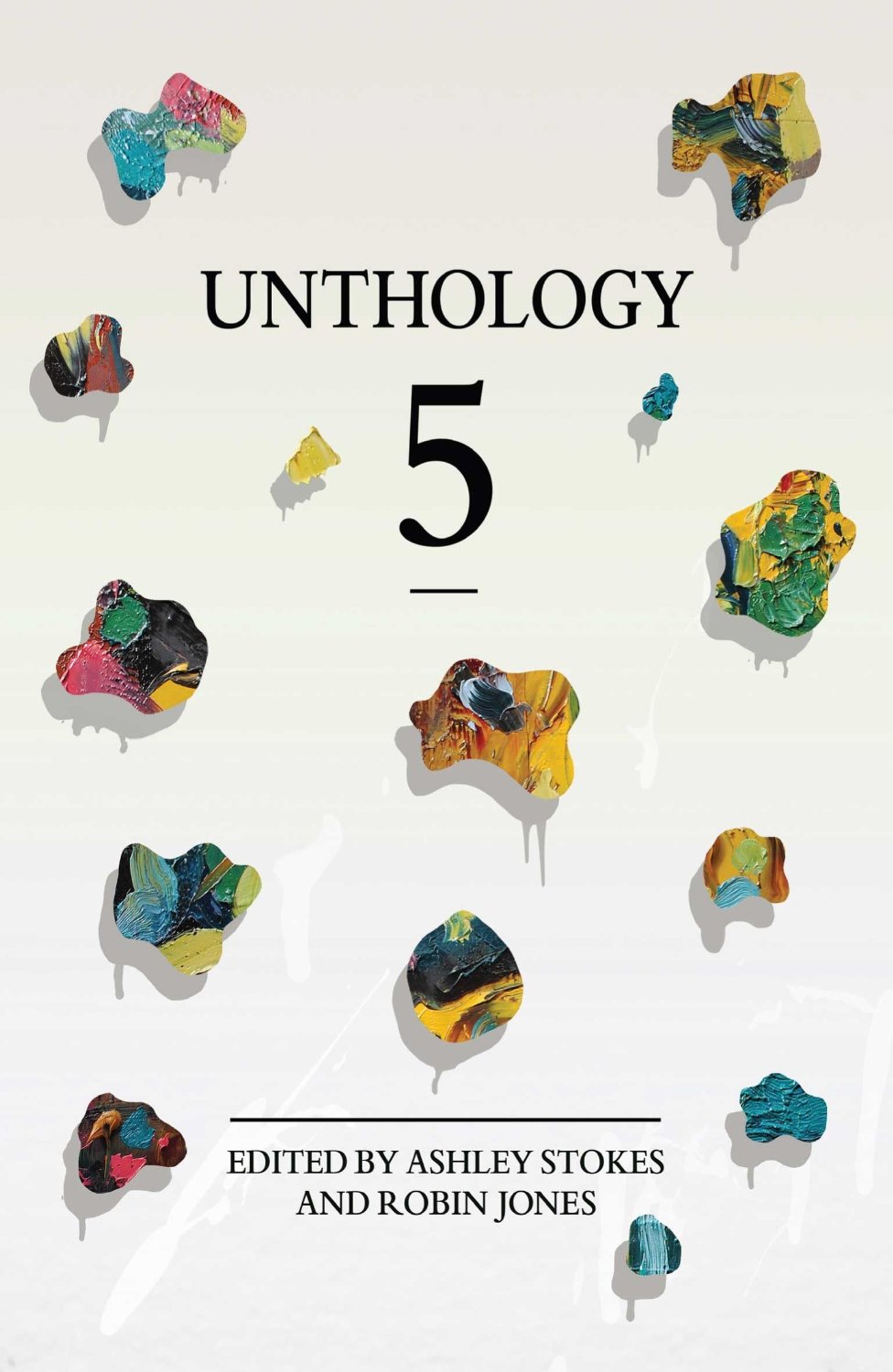 4. We had only slightly less for Unthology 3, and in retrospect we’d thought U3 was too long, foreshadowing the idea that we should produce summer and winter collections. Last month, we drew up lists for Unthology 6 and 7, from over three hundred short stories sent to us from all around the world.
4. We had only slightly less for Unthology 3, and in retrospect we’d thought U3 was too long, foreshadowing the idea that we should produce summer and winter collections. Last month, we drew up lists for Unthology 6 and 7, from over three hundred short stories sent to us from all around the world.
Unthology, from the outset, has been eclectic, expansive and inclusive and eschewed all critical agendas and tourniquets. We impose no word-count on writers. We like experimentation and formal adventure, but we also admire classicism and ease. We like poise and sophistication as much as we enjoy delinquency and rage. We have a conviction that by placing stories of different styles beside one another, the nature of both changes for the reader, just like placing a urinal in an art gallery, or a glass pyramid in the courtyard of the Louvre urges the viewer to reconsider both. We were bored of magazines and collections that either hanker after only one type of story (or writer), or reflect the work of a limited, self-congratulatory peer group or a regional bias. The house of fiction has many windows. We want to see the view from all of them. We like the idea of the anthology as kaleidoscope, as spectrum, as litmus strip, ever fecund, ever various.
David Eggars, in the foreword to David Foster Wallace’s 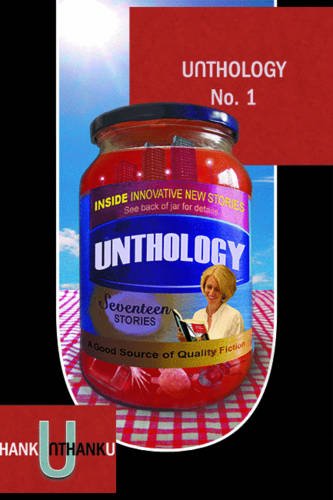 Infinite Jest, writes that, ‘There might even be – though it is impossible to prove – readers who find it possible to enjoy Thomas Pynchon one day and Elmore Leonard the next.’
Infinite Jest, writes that, ‘There might even be – though it is impossible to prove – readers who find it possible to enjoy Thomas Pynchon one day and Elmore Leonard the next.’
We think this is possible to prove.
Given such a wide-angle lens and our recourse to jump cuts, and given that we like to pan and track over the short fiction scene, rather than rely solely on close-ups, how do we choose which stories to publish? Unthology is becoming increasingly competitive. Submissions have multiplied ten-fold since we issued a call for Unthology 1 with the launch of the Unthank Books website, in 2010. Since 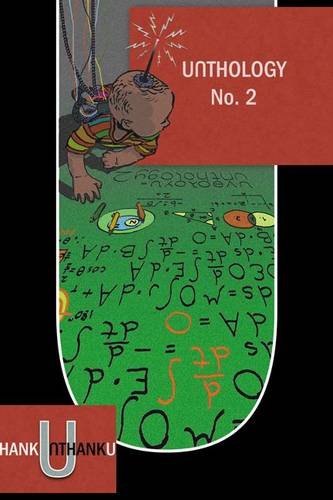 Unthology 3, I’ve not had to ask anyone for a story and I’ve not felt obliged to write a story for Unthology myself. The task of assessing and sifting submissions becomes increasingly arduous and a responsibility. Issuing rejections is not nice, especially if you know the writer and appreciate just how much he or she wants to be an Unthologist. Both editors have to like a story, though each of us is open to persuasion and willing to give someone a break. This makes for some lively debate at our Unthology editorial boards, but it also means that, like Janus, we’re always looking both ways.
Unthology 3, I’ve not had to ask anyone for a story and I’ve not felt obliged to write a story for Unthology myself. The task of assessing and sifting submissions becomes increasingly arduous and a responsibility. Issuing rejections is not nice, especially if you know the writer and appreciate just how much he or she wants to be an Unthologist. Both editors have to like a story, though each of us is open to persuasion and willing to give someone a break. This makes for some lively debate at our Unthology editorial boards, but it also means that, like Janus, we’re always looking both ways.
What do we look out for?
1. Unthology is unashamedly literary, but it’s not pretentious or academic. We like writers who can tell a story in a short form and write prose in a compelling and mysterious way. We believe writers should have both the faculty of voice and the faculty of plot. We do see some interesting concepts realised in prosaic fashion, and we see some stories written with real fluency but with nothing to say. Tell a story, then, and tell it well. What is a story? Who really knows, but one thing must lead to another with significance beyond the local.
A good passage of prose remains invincible.
~ John Cheever
2. The first line counts more than any other. We can often sense whether we’d like to publish something if the first line lights us up, creates charge and anticipation. Of course, the rest of the story needs to realise itself, too, pay-off, and if it doesn’t the first line’s excellence won’t save it. The first line is the one you want to worry about most.
Some things exist in one place, one time, and with only one person.
~ Angela Readman, ‘A Little More Prayer’, Unthology 5.
My wife knew my missing-presumed-dead ex-girlfriend was back before I did, right before I got the letter.
~ Sarah Dobbs, ‘The Lemonade Girl’, Unthology 1.
When Marianne asked me to help her kill herself, I thought it would be relatively easy.
~ Sandra Jensen, ‘So Long Marianne’, Unthology 3.
3. A good short story is discrete and distinct. We can recognise this immediately and we like the shock of this, and then the company of someone writing what only he or she could write. When sifting through the hundreds of stories that make up the submissions pile, we often come across the same one told over and over again. Recently, it’s been a middle-aged couple, on holiday in the Med, and one of them slopes off and has a crafty joint and thinks about a younger, more carefree self.
Great storytellers take risks.
Blow as deep as you want to blow.
~ Jack Kerouac.
4. Don’t be afraid to be funny if you can pull it off. We love comic stories just as long as they’re not wacky, zany, camp, smug or plain nasty. Just because we have a literary bent doesn’t mean we’re po-faced.
I think he is jealous of the fact that I’ve taken a liking to Sophie. When I’m around her I feel normal. Yes. Normal. No. Not normal. I wouldn’t want to be normal. But she makes me feel fine, acceptable. Yes. Perfect how I am. She’s older than Jeeves, but slightly younger than me. Unlike me, she is very attractive. Yet she still calls me ‘handsome’. I’ve never been called that before. She always says nice things. When she speaks it’s the only time that I really enjoy words. Words like ‘sweet’ and ‘cute’ and ‘cashier’. They aren’t like the words Jeeves uses. He takes every opportunity he can to lower my self-esteem. He always calls me “slut”, “Bobby Davro’s left testicle” and “a cock gobbling fag-enabler.” I think he uses the letter ‘g’ in that last one just to make me mad. He knows me all too well. Another thing he told me is that I’m merely a figment of his imagination, which really messed with my head. I had to sit down for a few minutes after that one.
~ Michael Baker, ‘Bleach’, Unthology 1.
5. It’s quite nice to receive a covering letter with a submission that lets us know a little about the writer and why Unthology has been approached. It isn’t essential, but it’s nice, and it is good, before you approach us, to have an idea of what we’ve published in the past. It’s a bit deflating to be sent epic fantasy, poetry or porn. Nor is it a great first impression to be told only to get in touch when, not if, we decide to accept the story. It’s not good to have a massive whinge about receiving four rejections in a day (from Granta, Ambit, Squamous Baboon etc.) and then send us the four stories five minutes later. Our net is wide but we are selective. We have to be.
The short answer is that it’s all about a mysterious quality.
We know it when we see it.
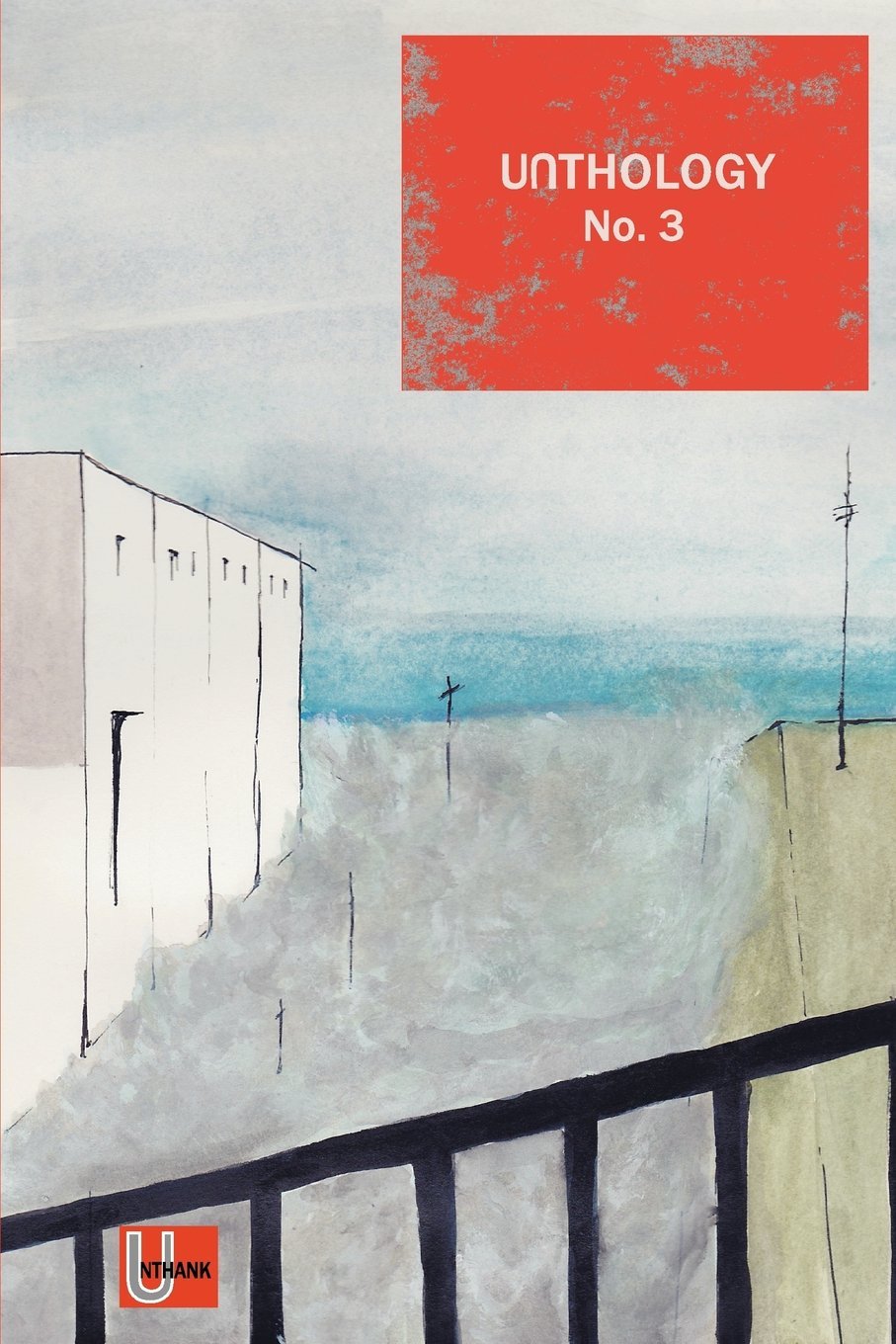 The first throb of Unthology came in 2010 as a proposed sampler for the shorter work of Unthank Books’ novelists, a tall order when, at that time, we only had one novelist: me. Since then it has developed into showcasing the full gamut of the short form. We have published many writers for the first time (Michael Baker, Michael Crossan and Marc Owen Jones, among others). We’ve championed some writers and published them several times (Sarah Evans, David Rose, Sarah Dobbs, Mischa Hiller, Charlie Wilkinson). We’ve published writers in their teens and their seventies. The Unthology writers seem like a family and are very sociable and great fun to work with. Without any contrivance, we’ve published a pretty equal split between male
The first throb of Unthology came in 2010 as a proposed sampler for the shorter work of Unthank Books’ novelists, a tall order when, at that time, we only had one novelist: me. Since then it has developed into showcasing the full gamut of the short form. We have published many writers for the first time (Michael Baker, Michael Crossan and Marc Owen Jones, among others). We’ve championed some writers and published them several times (Sarah Evans, David Rose, Sarah Dobbs, Mischa Hiller, Charlie Wilkinson). We’ve published writers in their teens and their seventies. The Unthology writers seem like a family and are very sociable and great fun to work with. Without any contrivance, we’ve published a pretty equal split between male  and female writers, and we haven’t just published our mates or evidenced a regional bias.
and female writers, and we haven’t just published our mates or evidenced a regional bias.
The design has continually been honed, losing the early chunky ‘U’ frame that soon seemed too bling and restricted the cover artists’ ability to express themselves. Both sales and distribution have grown. We have a live event, Project U in Norwich to promote Unthology, but, to read here, you don’t have to be published by Unthank or Words and Women (the East Anglian women writer’s organisation whose competition anthology is published by our Unthank Cameo imprint). Unthank’s whole ethos is to be cool but inclusive, not uncool and exclusive. Now, Unthology is happening twice a year and the reviews, historically positive for the most part, now seem excited and excitable. We are accepting submissions all year round and you can even email your work to us.
In the introduction to Unthology 1, written when we didn’t know if Unthology would be a one-off or would leave any ripples at all, we wrote that, ‘the longer story, the story unafraid to chase a few clouds, to play with chronology and form, the story that might need some semblance of plot-drive risks dying of neglect’. We hope that Unthology has proved something of a life-support system.
~
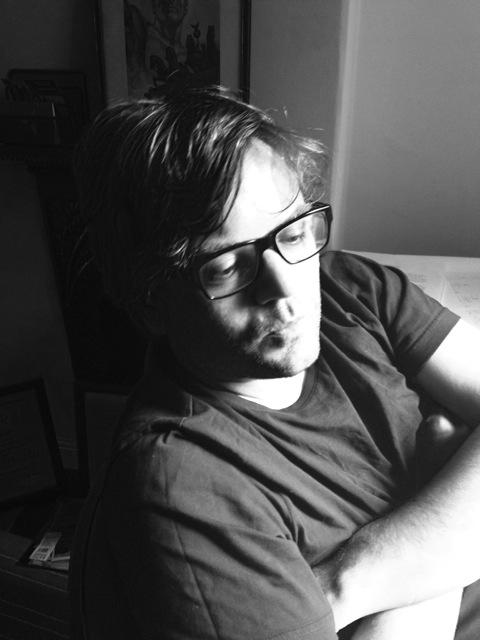 Ashley Stokes is the co-editor of Unthology and Short Fiction Editor of Unthank Books. His fiction has been published in Fleeting, The Warwick Review, The London Magazine, Lakeview and others. He won a Bridport Prize in 2002 for ‘The Suspicion of Bones’. His novel Touching the Starfish was Unthank Books’ launch title in 2010 and was followed by a short story sequence in 2013, The Syllabus of Errors, Twelve Stories of Obsession, Loss and Getting in a State (which was shortlisted for a Saboteur Award). He is currently working on a second collection, The Susceptibles, and a novel, The North Surrey Gigantopithecus. His website is ashleystokes.net.
Ashley Stokes is the co-editor of Unthology and Short Fiction Editor of Unthank Books. His fiction has been published in Fleeting, The Warwick Review, The London Magazine, Lakeview and others. He won a Bridport Prize in 2002 for ‘The Suspicion of Bones’. His novel Touching the Starfish was Unthank Books’ launch title in 2010 and was followed by a short story sequence in 2013, The Syllabus of Errors, Twelve Stories of Obsession, Loss and Getting in a State (which was shortlisted for a Saboteur Award). He is currently working on a second collection, The Susceptibles, and a novel, The North Surrey Gigantopithecus. His website is ashleystokes.net.

